Distinguished friends
 Khalid Abdalla
Khalid Abdalla Maria Adebowale-Schwarte
Maria Adebowale-Schwarte Sukhpal Singh Ahluwalia
Sukhpal Singh Ahluwalia Rajesh Agrawal
Rajesh Agrawal Riz Ahmed
Riz Ahmed Sughra Ahmed
Sughra Ahmed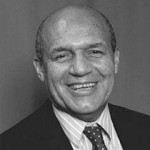 Keith Ajegbo
Keith Ajegbo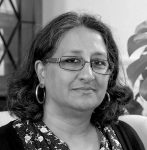 Claire Alexander
Claire Alexander Kitty Arie
Kitty Arie Julian Baggini
Julian Baggini Zelda Baveystock
Zelda Baveystock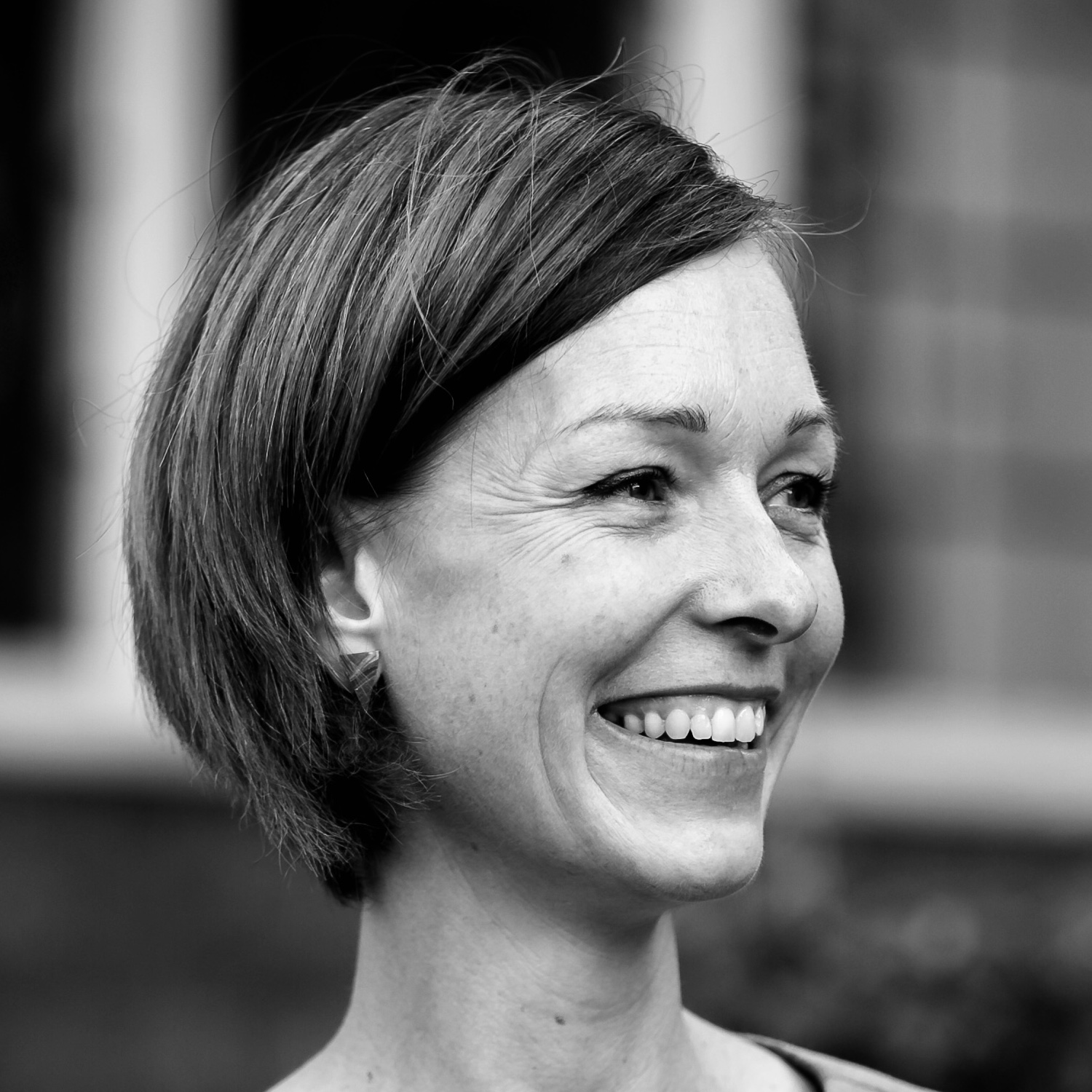 Haidee Bell
Haidee Bell Richard Beswick
Richard Beswick Dinesh Bhugra
Dinesh Bhugra Karan Bilimoria
Karan Bilimoria Geoffrey Bindman
Geoffrey Bindman Karen Blackett
Karen Blackett Nicholas Blake
Nicholas Blake Ian Blatchford
Ian Blatchford David Blunkett
David Blunkett Hina Bokhari
Hina Bokhari Mihir Bose
Mihir Bose Alain de Botton
Alain de Botton John Bowers
John Bowers Stephen Briganti
Stephen Briganti Des Browne
Des Browne Mukti Jain Campion
Mukti Jain Campion Paul Canoville
Paul Canoville Gus Casely-Hayford
Gus Casely-Hayford Michael Cashman
Michael Cashman Saimo Chahal
Saimo Chahal Reeta Chakrabarti
Reeta Chakrabarti Shami Chakrabarti
Shami Chakrabarti Stephen Claypole
Stephen Claypole Robin Cohen
Robin Cohen Linda Colley
Linda Colley David Crystal
David Crystal Angélica Dass
Angélica Dass Prakash Daswani
Prakash Daswani Sandie Dawe
Sandie Dawe Navnit Dholakia
Navnit Dholakia Sherry Dobbin
Sherry Dobbin Ibrahim Dogus
Ibrahim Dogus Lloyd Dorfman
Lloyd Dorfman Alf Dubs
Alf Dubs John Dyson
John Dyson Damien Egan
Damien Egan Graeme Farrow
Graeme Farrow Daniel Franklin
Daniel Franklin Edie Friedman
Edie Friedman Jitesh Gadhia
Jitesh Gadhia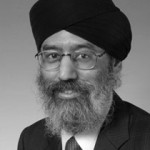 Manjit Singh Gill
Manjit Singh Gill Teresa Graham
Teresa Graham Ann Grant
Ann Grant Susie Harries
Susie Harries Naomie Harris
Naomie Harris James Hathaway
James Hathaway David Hencke
David Hencke Sophie Herxheimer
Sophie Herxheimer Afua Hirsch
Afua Hirsch Michael Howard
Michael Howard Clive Jacobs
Clive Jacobs Kevin Jennings
Kevin Jennings Adrian Johns
Adrian Johns Shobu Kapoor
Shobu Kapoor Malik Karim
Malik Karim Jackie Kay
Jackie Kay Ayub Khan-Din
Ayub Khan-Din Francesca Klug
Francesca Klug Tony Kushner
Tony Kushner Kwasi Kwarteng
Kwasi Kwarteng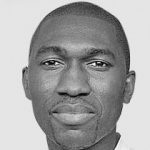 Kwame Kwei-Armah
Kwame Kwei-Armah David Kynaston
David Kynaston Brian Lambkin
Brian Lambkin Mark Lewisohn
Mark Lewisohn Joanna Lumley
Joanna Lumley Michael Mansfield
Michael Mansfield Sue McAlpine
Sue McAlpine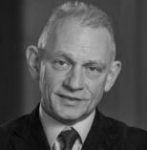 Neil Mendoza
Neil Mendoza Nick Merriman
Nick Merriman Munira Mirza
Munira Mirza Abigail Morris
Abigail Morris Hugh Muir
Hugh Muir Tessa Murdoch
Tessa Murdoch Sandy Nairne
Sandy Nairne Bushra Nasir
Bushra Nasir Susheila Nasta
Susheila Nasta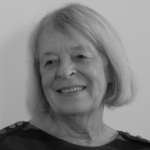 Eithne Nightingale
Eithne Nightingale John O’Farrell
John O’Farrell Kenneth Olisa
Kenneth Olisa Kunle Olulode
Kunle Olulode Julia Onslow-Cole
Julia Onslow-Cole John Orna-Ornstein
John Orna-Ornstein Sameer Pabari
Sameer Pabari Ruth Padel
Ruth Padel Panikos Panayi
Panikos Panayi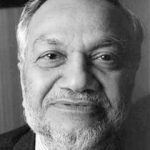 Bhikhu Parekh
Bhikhu Parekh Nikesh Patel
Nikesh Patel David Pearl
David Pearl Caryl Phillips
Caryl Phillips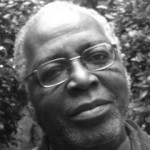 Mike Phillips
Mike Phillips Trevor Phillips
Trevor Phillips Sunand Prasad
Sunand Prasad Kavita Puri
Kavita Puri Charles Rix
Charles Rix Trevor Robinson
Trevor Robinson Aubrey Rose
Aubrey Rose Michael Rosen
Michael Rosen Cathy Ross
Cathy Ross Salman Rushdie
Salman Rushdie Jill Rutter
Jill Rutter Philippe Sands
Philippe Sands Sathnam Sanghera
Sathnam Sanghera Konrad Schiemann
Konrad Schiemann Richard Scott
Richard Scott Stephen Sedley
Stephen Sedley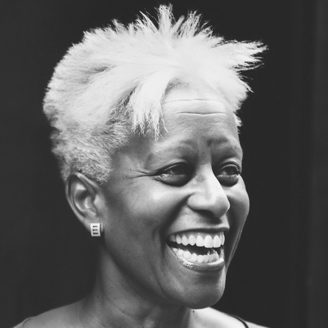 Maggie Semple
Maggie Semple Babita Sharma
Babita Sharma Nikesh Shukla
Nikesh Shukla Jon Snow
Jon Snow Sonia Solicari
Sonia Solicari Robert Soning
Robert Soning David Spence
David Spence Danny Sriskandarajah
Danny Sriskandarajah Stelio Stefanou
Stelio Stefanou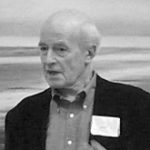 Dick Taverne
Dick Taverne Jane Thompson
Jane Thompson Robert Tombs
Robert Tombs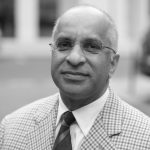 Rumi Verjee
Rumi Verjee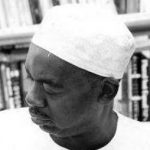 Patrick Vernon
Patrick Vernon Edmund de Waal
Edmund de Waal Iqbal Wahhab
Iqbal Wahhab Yasmin Waljee
Yasmin Waljee David Warren
David Warren Iain Watson
Iain Watson Debbie Weekes-Bernard
Debbie Weekes-Bernard Henning Wehn
Henning Wehn Nat Wei
Nat Wei Janet Whitaker
Janet Whitaker Gary Younge
Gary Younge
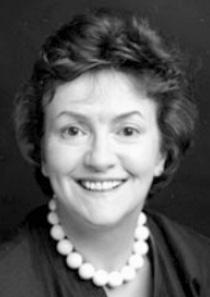
The history of these islands has been shaped over the centuries by movement: internal movement, movement outwards to other lands, and – always – incoming movement by different peoples. It is wonderfully appropriate therefore that we now have a museum devoted to migration.
Linda Colley
Dame Linda Colley DBE, FBA, FRSL, FRHistS, the Shelby MC Davis 1958 Professor of History at Princeton University, is an expert on Britain since 1700. She favours cross-disciplinary history, and in both her writing and her teaching she examines Britain’s past in a broader European, imperial, and global context. Born in Britain, she graduated from Bristol University with First Class Honours in history (1972) and completed her PhD in history at Cambridge University (1977). The first female Fellow of Christ’s College, Cambridge, she moved to Yale University in 1982.
Professor Colley’s first book, In Defiance of Oligarchy: The Tory Party 1714–1760 (1982), challenged the dominant view by arguing that the Tory party remained active and potent during its years out of power, exploring the wider consequences of this situation in regards to ideas, electoral and popular politics and political action. Britons: Forging the Nation 1707–1837 (1992), which won the Wolfson Prize for History and which has just been re-issued in a revised fifth paperback edition, investigated how – and how far – the inhabitants of England, Scotland, and Wales came to see themselves as British over the course of the 18th and early 19th centuries.
In 1998 Professor Colley left Yale to accept a Senior Leverhulme Research Professorship in history at the London School of Economics. Supported by this award, she spent the next five years researching the experiences of the thousands of Britons who were taken captive between 1600 and 1850 in North America, South Asia, and the Mediterranean and North Africa, as the British Empire expanded. Captives (2002), the result of this research, used captivity narratives of different kinds to investigate the underbelly and sporadic vulnerability of the empire, the complex relations between the imperialists and the societies they sought to invade, and the quality and flexibility of individual identity under pressure.
Colley is also the author of Namier (1989), a reappraisal of the Polish-born and Zionist historian Lewis Namier. Her recent work The Ordeal of Elizabeth Marsh: A Woman in World History was nominated one of the ten best books of 2007 by the New York Times. An exercise in meshing biography with trans-continental history, The Ordeal used the life experience and peregrinations of a single, self-made woman as a means of charting and discussing the extent of proto-globalisation in the later 18th century, and the degree to which individuals at the time were aware of it. Her most recent publication, Acts of Union and Disunion (2014), looks at forces of union and disunion and diversity in these islands over the centuries, and was based on a 15-part BBC Radio 4 set of talks Professor Colley delivered in January 2014.
In 2008–9, Colley guest-curated a major exhibition at the British Library, London, Taking Liberties, on the meanings of constitutional texts, publishing an interpretative essay ‘Taking Stock of Taking Liberties: A Personal View’ (London, 2008). The exhibition attracted 100,000 visitors and was opened by the then British Prime Minister, Gordon Brown.
Professor Colley also writes occasionally for British and American periodicals and newspapers, including the Guardian, The Times, the New York Times, the Times Literary Supplement, and the London Review of Books. In 1999 she delivered the Prime Minister’s Millennium Lecture at 10 Downing Street. Among other scholarly and public lectures, she has delivered the Trevelyan Lectures at Cambridge University (1997), the Wiles Lectures at Queen’s University, Belfast (1997), a Ford and the Bateman Lectures at Oxford (1999 and 2003), the Nehru Memorial Lecture at the London School of Economics (2003), the Lewis Walpole Memorial Lecture at Yale (2000), the Carnochan Lecture at Stanford (1998) and the President’s Lecture at Princeton University in 2007. In March 2014, she will be giving the Ralph Miliband Lecture at the LSE on ‘Word Power: Written Constitutions and the Definition of British Borders Since 1787’.
In 1999 Linda Colley was elected a Fellow of the British Academy. She is also a Fellow of the Royal Society of Literature and of the Academia Europaea. She was awarded a CBE in 2009 and a DBE in 2022 for services to history. Professor Colley joined the Princeton History Department in 2003. She was a member of the British Museum’s Research Committee between 2012 and 2020.

